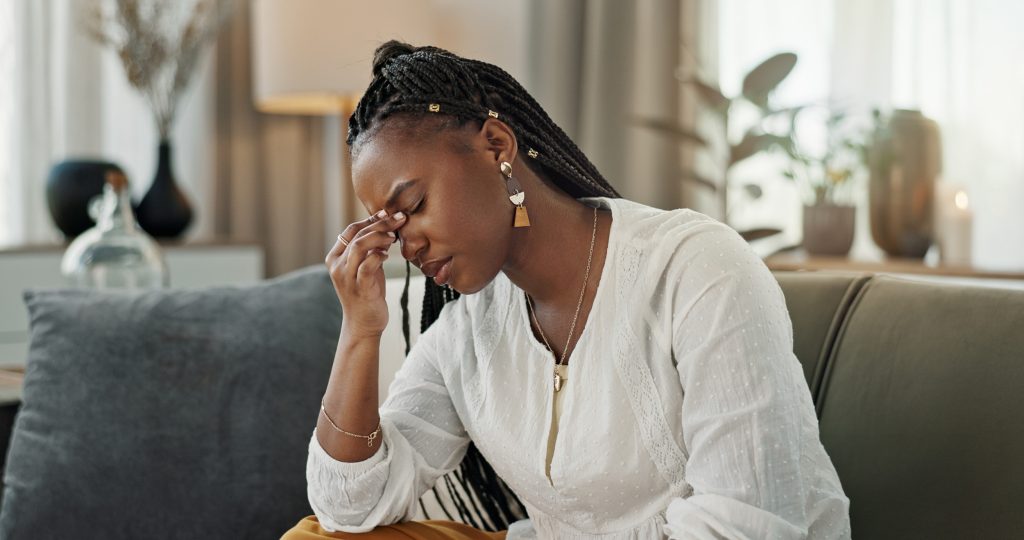The delicate balancing act of wedding planning, particularly the meticulous curation of a guest list, was abruptly disrupted for one bride-to-be when an unexpected request from a former colleague threatened to upend her carefully orchestrated plans for a relaxed and intimate celebration. The bride, seeking solace and advice in the digital realm, shared her predicament on Reddit, detailing how her vision of a casual yet structured brewery wedding was challenged by a request that left her feeling both pressured and uncomfortable. Her story underscores the complexities of navigating social dynamics and asserting boundaries when confronted with unconventional requests, especially in the emotionally charged context of a wedding.
The crux of the issue revolved around the bride’s decision to rent out an entire brewery, offering an open bar to her invited guests. The seemingly innocuous inquiry from a former colleague, asking if the brewery would be open to the public during the wedding, quickly morphed into a request to accommodate three out-of-town guests of the colleague’s partner. The bride, identifying herself as a “people-pleaser,” initially acquiesced, but the weight of having three strangers at such a personal event soon triggered a sense of unease and prompted her to reconsider. This initial hesitation and eventual backtracking reflect the internal conflict between wanting to be accommodating and the desire to protect the sanctity of her special day.
The situation escalated further when the colleague’s partner attempted to justify the request, highlighting the supposed temperance of two of the potential guests and even offering to cover their expenses. This justification, rather than alleviating the bride’s discomfort, amplified the inherent awkwardness of the request, placing her in the unenviable position of having to navigate a delicate social situation. The bride’s subsequent attempt to dissuade the additional guests, expressing concern about their potential discomfort at a personal event where they knew no one, was met with a response that further complicated the issue, leaving her to grapple with the perception of being unwelcoming.
The bride’s online plea for advice resonated with many Reddit users, who expressed astonishment and disapproval at the presumptuousness of the request. The online community overwhelmingly sided with the bride, emphasizing the social faux pas of inviting one’s own friends to someone else’s wedding. The incident also sparked a broader discussion on wedding etiquette, particularly the sensitive issue of plus-ones and the importance of respecting the couple’s carefully considered plans. This online validation affirmed the bride’s initial discomfort and provided a sense of solidarity, reinforcing the notion that her feelings were justified.
The situation illuminated a critical aspect of wedding etiquette: the assumption of plus-ones. Etiquette experts stress that plus-ones should never be taken for granted, as the guest list is meticulously curated based on factors such as budget, venue capacity, and the couple’s personal preferences. The expectation is that a couple will explicitly indicate the inclusion of a plus-one on the invitation, leaving no room for ambiguity. In this case, the colleague’s request not only disregarded this fundamental etiquette guideline but also placed undue pressure on the bride, forcing her to navigate a socially awkward situation.
The online discussion also veered into the broader realm of guest etiquette, emphasizing the importance of respecting the couple’s wishes and refraining from imposing changes. Weddings are often planned with meticulous detail and within specific budgetary and logistical constraints, and guests are expected to adhere to the couple’s instructions, including respecting the stipulated number of attendees. Attempting to bring uninvited guests is considered a breach of etiquette, as it disrupts the couple’s carefully laid plans and potentially creates logistical and financial challenges. The bride’s situation serves as a cautionary tale, highlighting the potential for miscommunication and unintended consequences when these unspoken rules of etiquette are disregarded. In the aftermath, the bride reflected on her handling of the situation, acknowledging that she could have been more assertive in her refusal. Her final message, expressing hope that her implied “no” was understood, reflects the lingering uncertainty and the delicate nature of navigating such social complexities.










